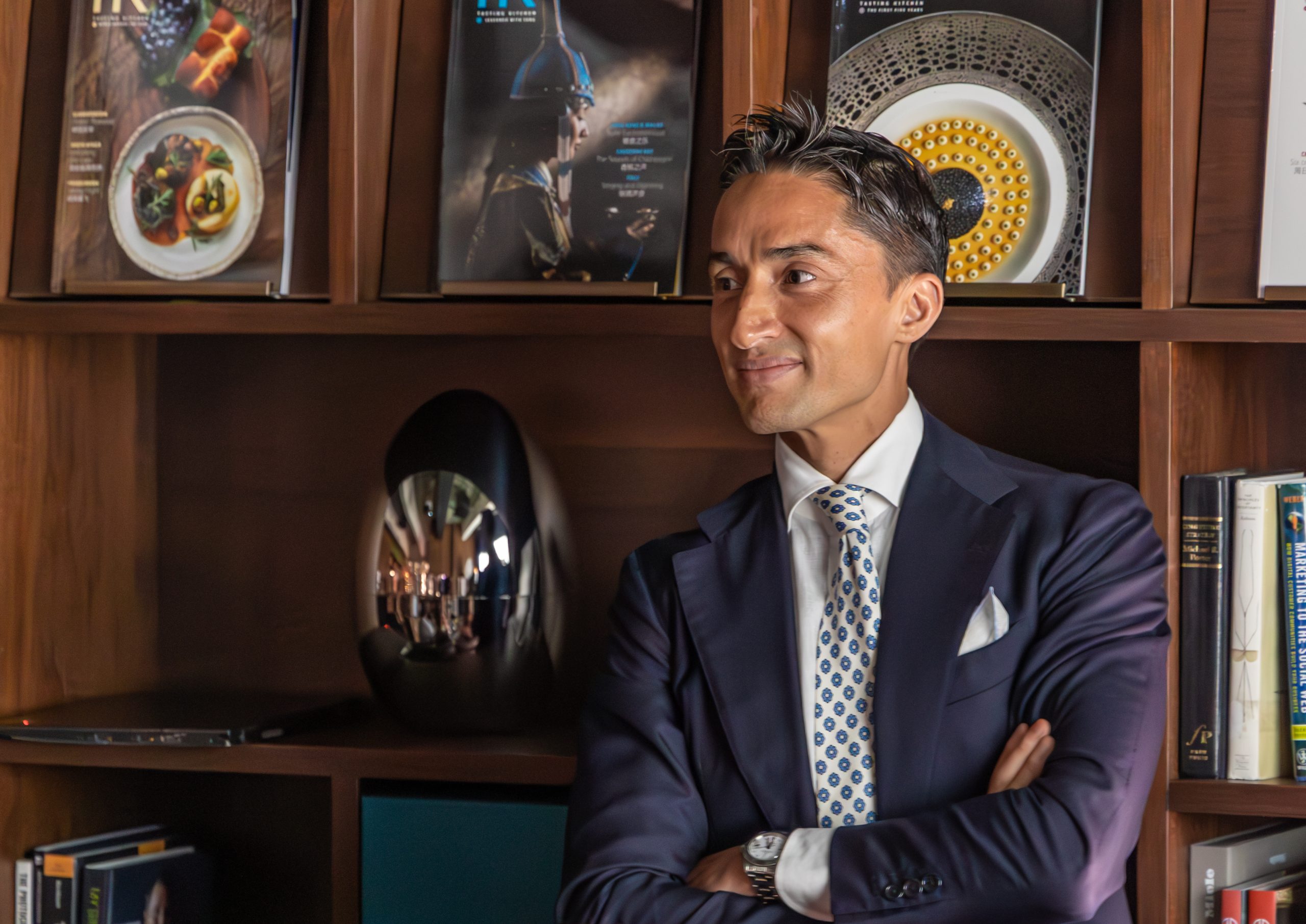This website uses cookies so that we can provide you with the best user experience possible. Cookie information is stored in your browser and performs functions such as recognising you when you return to our website and helping our team to understand which sections of the website you find most interesting and useful.
Ask the expert: Roger Chan
Having spent 16 years bringing brands to Asia, Metagroup chairman Roger Chan explores making fruitful partnerships in unfamiliar markets.

With a renowned career straddling drinks, consultancy and finance, you might expect Roger Chan to be focused on the bigger picture. Yet the chairman of Metagroup first looks on a smaller scale when partnering with a new company: “It starts off with the people,” he says.
He knows well the challenges and rewards of matching brands and markets. Chan has spent 16 years at Metabev, which represents brands including Perrier, Rémy Cointreau, Glenallachie, Nikka Whisky and Fever-Tree variously across Hong Kong, South Korea and China. Over that time, he has also helped the group launch Eclipse Beverages, an arm handling regional export and brand management, and a digital marketing and content service, Hindsight Creative. It has taught him that having the right people is vital in a successful partnership.
“If people are quoting data or facts on Asia and they don’t live and breathe Asia, there’s a disconnect from the first moment,” Chan says. With many believing Asian markets to be the next big opportunity for Western brands, some are tempted to enter with little to no thought. Chan believes that the people who can mix soft skills, technical skills and cultural skills are best placed to thrive. Whether that’s adjusting to different business practices or navigating a different digital ecosystem, their attitude matters: “It’s about having people who are informed, passionate and ambitious.”
Still, that should not discourage brands without fluency in Mandarin or perfect Japanese table manners. One of the key reasons for Metabev’s success has been providing on-the-ground experience for partners. “Big brands are moving towards less is more,” Chan reports. “There are brands saying: ‘Let’s make our model simple. We don’t need 30 people sitting in Asia – maybe we pass it to one or two partners.’” Whether in-house or through a distribution partner, Chan advocates for sound commercial alignment tailored to local nuances that will determine a brand’s success.
Getting on the same page
There is, however, also a consideration of matching aspirations. Another central piece of advice from Chan is to be honest about a partnership’s needs and expectations. For importers and distributors, he suggests a test of relativity: “You can have your ambition, but is your investment relative to that?” Although he is keen to work with bold thinkers, they should be able to back up the aspiration with concrete plans to match the target. It returns to his proposition of honesty and transparency as a path to mutual success.
That is, perhaps, especially important in a system that can tempt distributors towards mediocrity. Chan is acutely aware of the risks: underperform and the brand will leave with a soured relationship; overperform and they might jump to a larger portfolio or parent company. With some honesty, both can profit, he says: “It’s common sense to say: ‘This is the game plan, and if we reach that game plan, you’ll be well looked-after.’”
Ultimately, in finding the right people, Chan creates partnerships that are resilient, honest and mutually beneficial. Rather than base deals on prestige or cagey calculations, he sees open partnerships as the best path for both sides. “That should be the shift in mentality,” he argues. “How can you make all partners realise this is a profitmaking exercise?”
Related news
Baldoria Vermouth signs APAC deal with Metagroup

